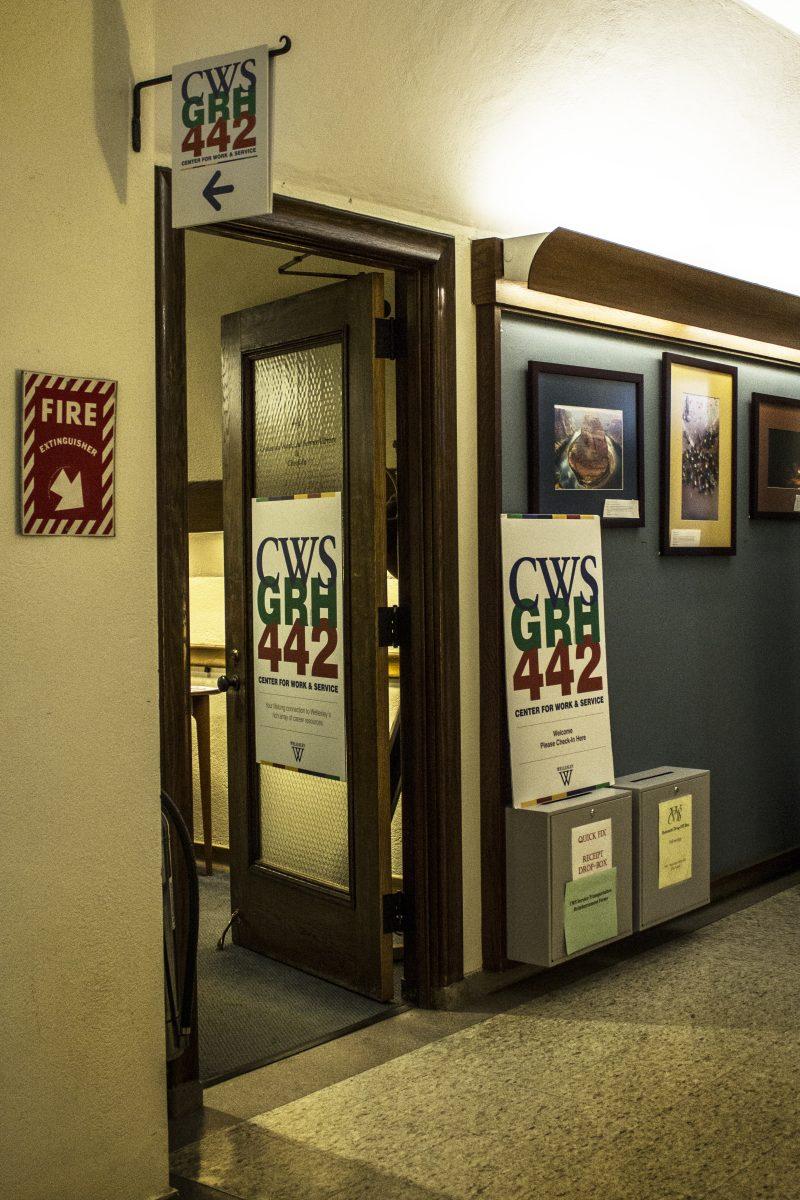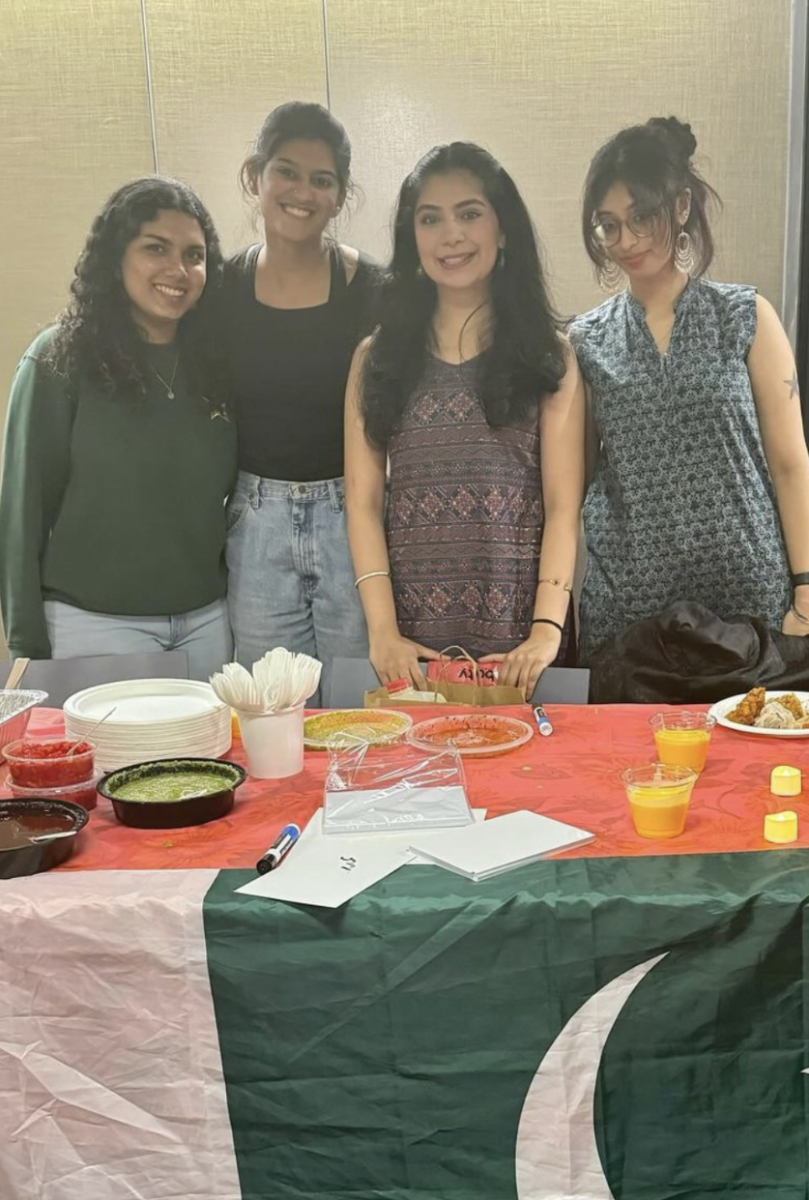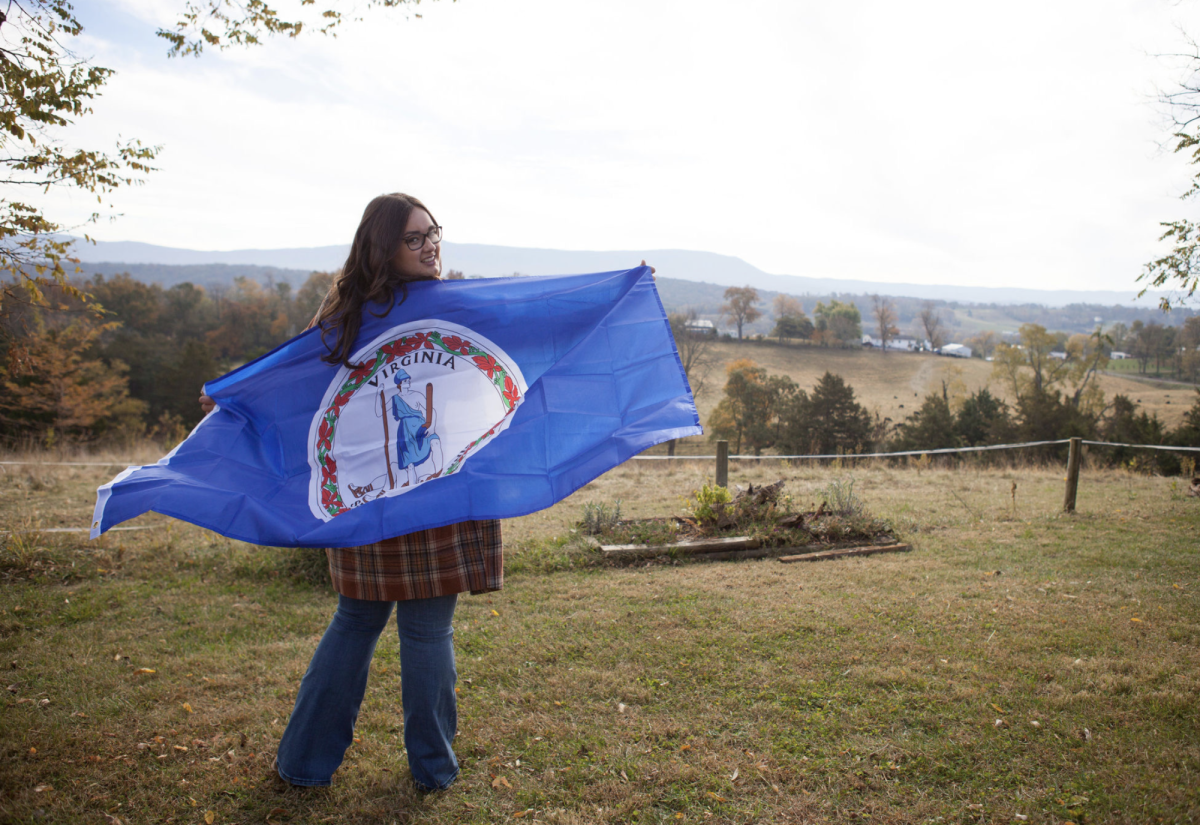Students at Wellesley, along with college students across the world, endure stress not only from their academic responsibilities but also from pressures such as networking and trying to find a job. Wellesley works to ease its students into the workforce and post-graduation life through the Center for Work and Service (CWS). The focus of the CWS is to connect current students with alumnae and job opportunities and prepare students for life after college.
The CWS has recently announced major changes to its computer system and methods of outreach. Jennifer Pollard, the Director of Operations and Analytics at Wellesley College, stated on behalf of the CWS that the office currently “holds over 3,500 appointments and drop-ins with students and alumnae [and] maintains a database with over 3,000 job and internship postings.” Yet the heads of the CWS are still planning an overhaul of the system and looking to change the ways that the CWS interacts with students.
“This is an exciting time as the CWS looks at new ways to provide career education at Wellesley . . . The center has listened to the needs of students and will evolve and reimagine the events, programs and workshops they may have experienced in the past in order to better prepare them for their futures,” Pollard stated.
With the success of events such as Life After Wellesley, Christine Cruzvergara, who is the Associate Provost and Executive Director for Career Education at Wellesley, hopes to make future improvements and provide further outreach for students.
“The new [CWS] model will engage students earlier in the process, help them to make meaningful connections within newly formed career communities, and introduce new technology to create a seamless and integrated experience,” she said.
While the CWS is a resource for all students, its features can be especially useful for graduating seniors attempting to find work. One current successful program hosted by the CWS is the annual Life After Wellesley Event, a series of presentations which work to provide students with knowledge about how to survive in a post collegiate environment and ease the transition for students who will be entering the workforce after graduation.
The presentations at Life After Wellesley, which occurred on Wednesday, April 13, had specific focuses such as teaching students how to change a tire or how to prepare quick and inexpensive meals, even if they had never cooked before. There were also presentations on how to become financially successful, how to rent property, how to connect with alumnae and how to create authentic personal experiences by connecting the mind and the body.
One presentation entitled “Your Healthcare. . . After Wellesley” worked to teach students how to navigate the world of healthcare. The presentation included information on how to find healthcare accommodations in any given area in the United States, how the Affordable Care Act has changed healthcare, what to look for in individual healthcare plans and how to decipher some of the more complicated terms surrounding healthcare and doctors’ visits.
Nancy Baden, who delivered the healthcare lecture, is a Resident Nurse and Community Outreach Nurse Educator on staff at Wellesley Health Services. Baden discussed the importance of her presentation as well as the significance of events such as Life After Wellesley.
“They’re hugely important at Wellesley, because students are living in a bubble. They’re sheltered and well cared for here. Once you leave you need to be able to make the right decisions about your life.”
Other speakers focused on the practicalities of interviewing for a job. One particular speech given by Doreen Dove, an image consultant and personal stylist, was entitled “Brand Yourself Beyond Your College Transcript.” The presentation’s aim was to teach attendees how to dress for their body type, how to dress for an interview and how to shop for clothes on a strict budget.
Dove noted the correlation between the goal of her presentation and the goal of Life After Wellesley and she also stressed the importance of such events.
“This event gives you confidence about yourself. I think [my presentation] ties in perfectly to what I’m saying. If a woman feels confident in what she does, it affects the outcome,” she said.






